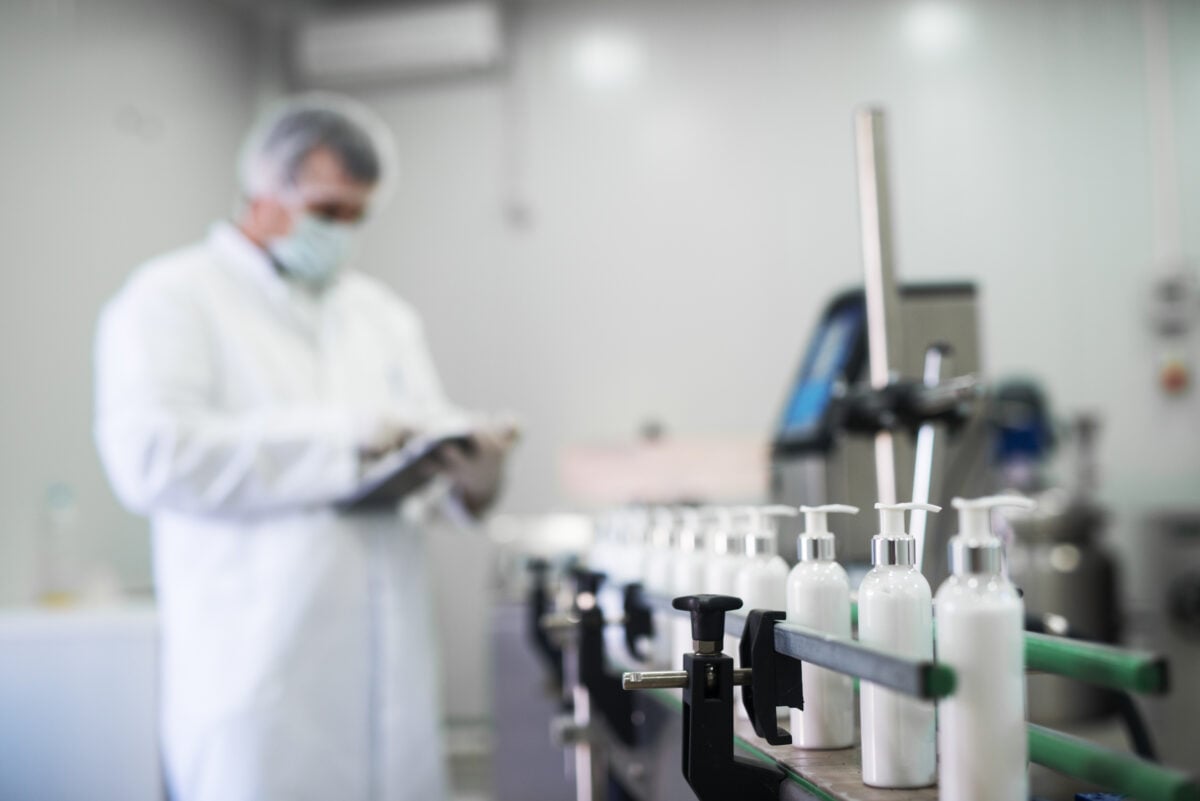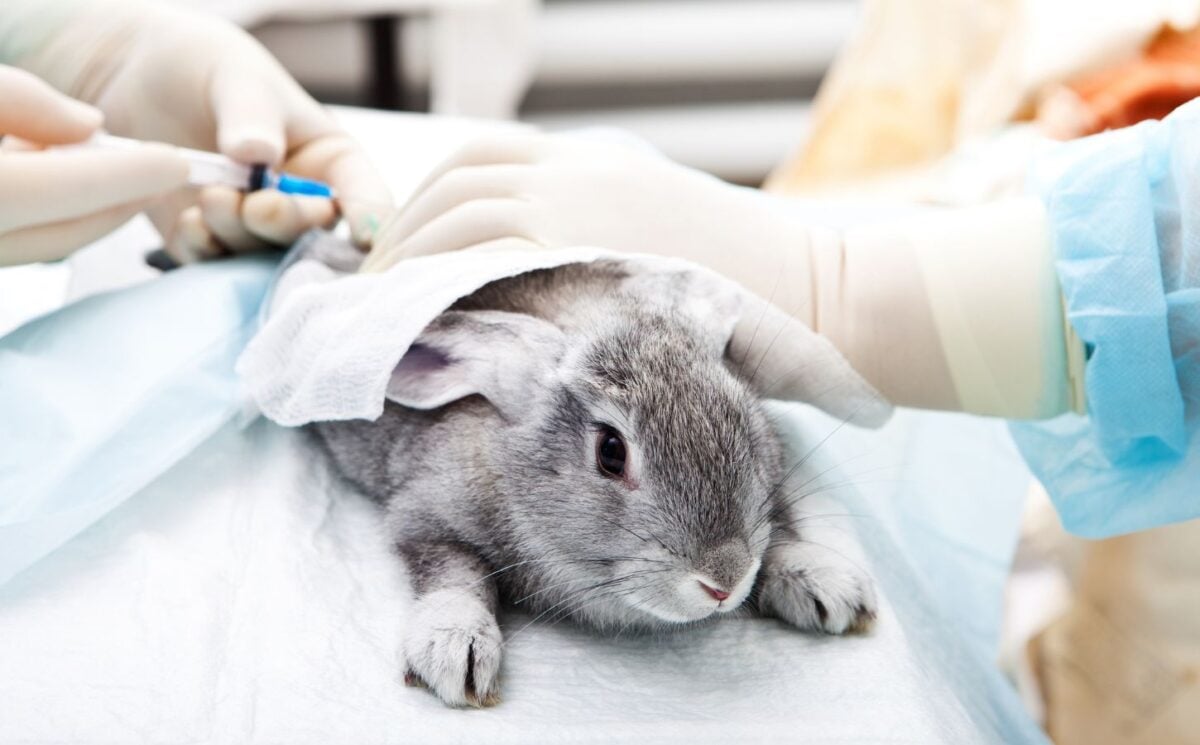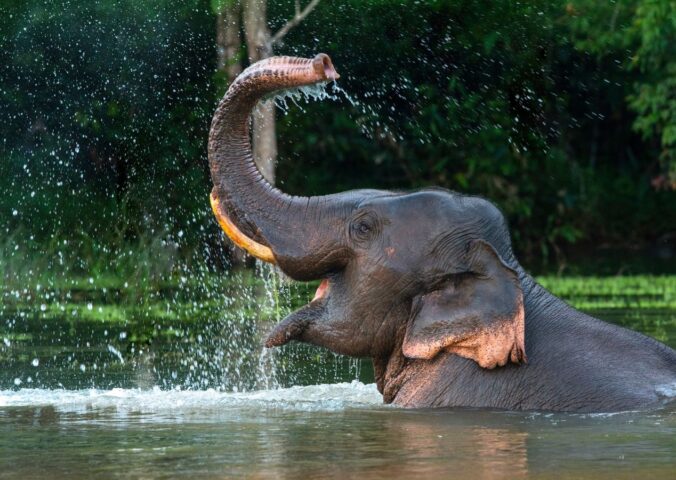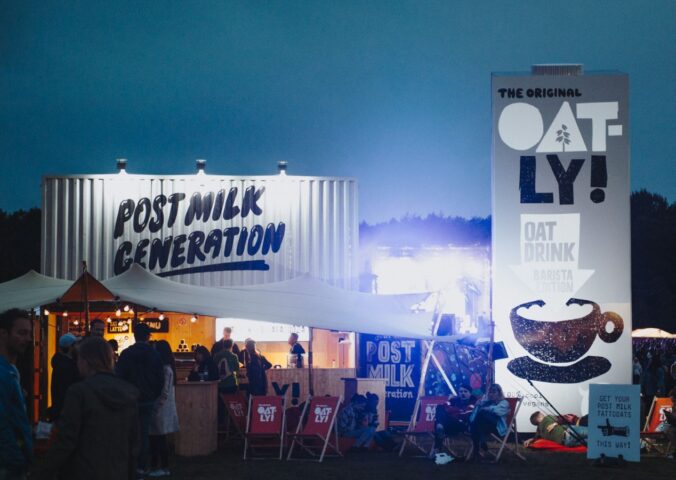Brazil has approved a new law to partially prohibit live animal testing for cosmetics.
Brazil’s Chamber of Deputies voted in the law (No. 15.183/2025), and President Luiz Inácio Lula da Silva sanctioned it. This will prohibit the use of live, vertebrate animals for the testing of cosmetic products and any ingredients used in manufacturing them.
Read more: Animal Testing: Is It Effective, And What Happens To ‘Lab Animals’?
Kitty Block, the CEO and president of Humane World for Animals, said that the “milestone” law comes as a result of the NGO’s decade-long campaign in Brazil.
“I am immensely proud of our Brazilian team,” writes Block. “We’re proud to play an instrumental role in these and other groundbreaking advancements toward a more compassionate future.”
While various state laws had previously restricted the use of animal testing, including São Paulo in 2014 and Rio de Janeiro in 2017, this is the first time Brazil has introduced federal legislation. The new law allows a two-year grace period to create and regulate cruelty-free labeling, and to implement alternative testing methods more widely.
Block highlighted the recently approved monocyte activation test, for example, as an ethical alternative to the extremely invasive rabbit pyrogenicity test. The latter has been widely used since the 1950s, despite the existence of effective alternatives. Humane World is also promoting a free training course on non-animal methods.
Read more: Do Vegan Collagen Products Work? What You Need To Know
How do people feel about live animal testing in Brazil?

A 2020 survey based on the 2010 national census found that people remain “divided” over the use of live animal testing in Brazil. According to the survey, a small proportion of the population remained ambivalent or undecided on the issue, while more than 60 percent supported the use of alternative methods rather than animal testing, particularly in situations where there is no known benefit.
Brazil’s new federal law likely targets vertebrates because rabbits, mice, rats, and guinea pigs are historically the most commonly used species for animal testing. These animals reproduce quickly and are easy to keep in captivity. According to Cruelty Free International, animal testing – particularly on non-essential products like cosmetics – is often cruel, sometimes unreliable, and misleading, where non-animal methods can be cheaper, quicker, and more effective.
“This law demonstrates that change is possible when everyone works together,” said Antoniana Ottoni, Humane World’s senior government affairs specialist in Brazil. “Brazilians can finally buy cosmetics knowing they weren’t tested on animals; a true cause for celebration.”
Read more: The 9 Best Vegan Deodorants For 2025






